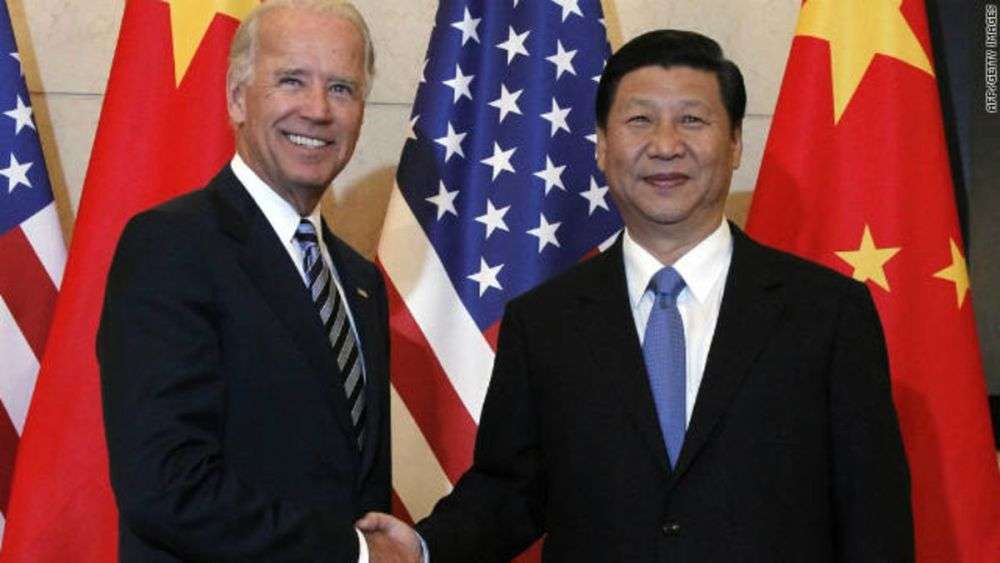The upcoming meeting between U.S. President Joe Biden and Chinese President Xi Jinping is anticipated with high stakes as both leaders aim to address a series of global concerns and manage the competitive nature of U.S.-China relations. The engagement seeks to clarify misunderstandings and establish a stable line of communication in the backdrop of international conflicts and policy disagreements.

In an era characterized by geopolitical tremors, the anticipated summit between President Joe Biden and his Chinese counterpart Xi Jinping holds the potential to either anchor stability or affirm the complexity of Sino-American relations. Slated for next Wednesday in the San Francisco Bay Area, the dialogue comes at a time when both nations are navigating the turbulence of an intensifying global power struggle.
Officials from the Biden administration have tempered expectations, suggesting that the meeting’s success lies not in grand diplomatic breakthroughs but in establishing a “framework” for dialogue and understanding. There’s a shared objective to clarify each country’s stance on key issues, thereby precluding unforeseen strategic surprises.
Among the critical topics on the summit agenda are the restorative efforts for military communication lines and deliberations on conflict zones like Ukraine and Gaza. Additional discussions are anticipated on collaborative fronts such as environmental policy and international drug trafficking, juxtaposed against the friction over human rights disputes and military posturing in contested maritime territories.
The leaders’ convergence during a gathering of Pacific rim leaders has demanded meticulous planning. It marks a significant diplomatic effort reflective of the multifaceted nature of U.S.-China relations, characterized by competitive collaboration and cautious engagement.
Despite Biden and Xi’s erstwhile vice-presidential camaraderie, their leadership has coincided with a nadir in diplomatic ties, exacerbated by contentions over Taiwan’s sovereignty, technological trade restrictions, and differing approaches to international crises. Upcoming Taiwanese elections add to the sensitive geopolitical fabric of their discussions.
Analysts like Bonny Lin of CSIS believe the summit is about steadying the bilateral ship rather than resetting its course. The priority is to mitigate the potential for misunderstanding that could escalate into conflict, particularly given recent tensions exacerbated by events such as the spy balloon incident and the severance of military dialogue following a high-profile U.S. visit to Taiwan.
The Bali G20 encounter between Biden and Xi last year set a precedent for potential constructive engagement, a hope that has since been tested by subsequent geopolitical events. Renewed military communication remains a pivotal goal for the U.S., with recent visits by U.S. officials and reciprocal gestures by Chinese diplomats suggesting a thaw may be on the horizon.
In a prelude to the summit, a series of high-level engagements has taken place, including Chinese Foreign Minister Wang Yi’s Washington visit and Treasury Secretary Janet Yellen’s invite to her Chinese counterpart. Such developments have cautiously reignited optimism for a more fluid U.S.-China dialogue, a sentiment echoed by Chinese Vice President Han Zheng, who articulated China’s readiness to address shared global challenges cooperatively.
As Biden and Xi prepare to meet against the backdrop of the ongoing Middle East conflict and the protracted war in Ukraine, their conclave in California becomes a litmus test for the possibility of maintaining global equilibrium while acknowledging the dynamic interplay of competition and cooperation that defines the current era.
(Associated Medias | FAD) – All rights reserved.
